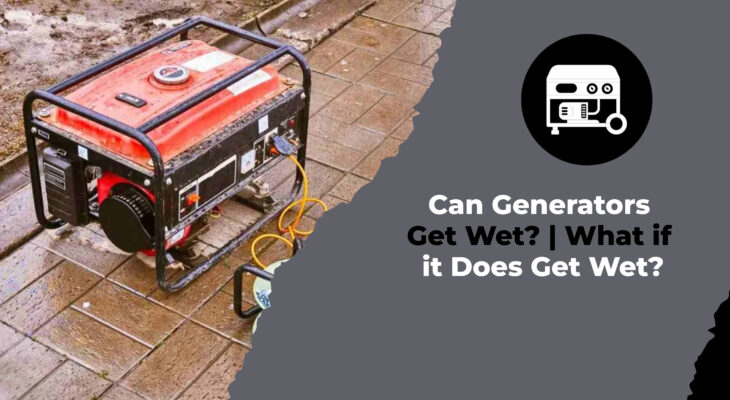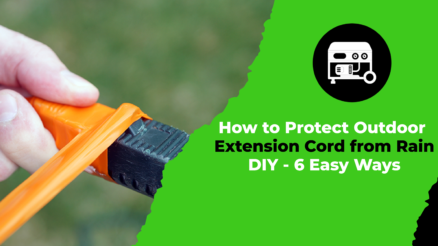There is a cautionary statement usually written on the generators of almost every brand; it states the generator must never be operated in damp situations. But the question is why? Because there is a high risk of electric shock associated with the wet generator.
Water is a “universal solvent”, and the dissolved substances—especially salts—are great conductors of electricity even if the water itself does not produce energy. In this way, the phrase “mixing water and electricity” turns fatal.
The core of it is; “No ions? No issue!”
Water won’t conduct electricity if nothing has dissolved in it! We have cause for concern because everyone knows that rainfall is NOT pure.
In wet conditions, such as rain or snow, or close to a pool or sprinkler system, electrocution can happen when utilizing a generator or electrical device. It can be a great cause of mess if preventive measures are not up to the mark.
Can a generator get wet when not in use?
Still, dampness is not good for a generator as it can cause many problems. The generator has some steel parts that are prone to rust, resultantly causing damage to your generators. Secondly, wet generators can cause electrical shocks so avoid water as much as possible.
Are portable generators waterproof?
Before buying a portable generator or utilizing one in a storm, it’s crucial to know if it can be used in the rain. A portable generator should not be used in rain or other wet conditions, according to most manufacturers, as the moisture can harm the device and endanger surrounding users.
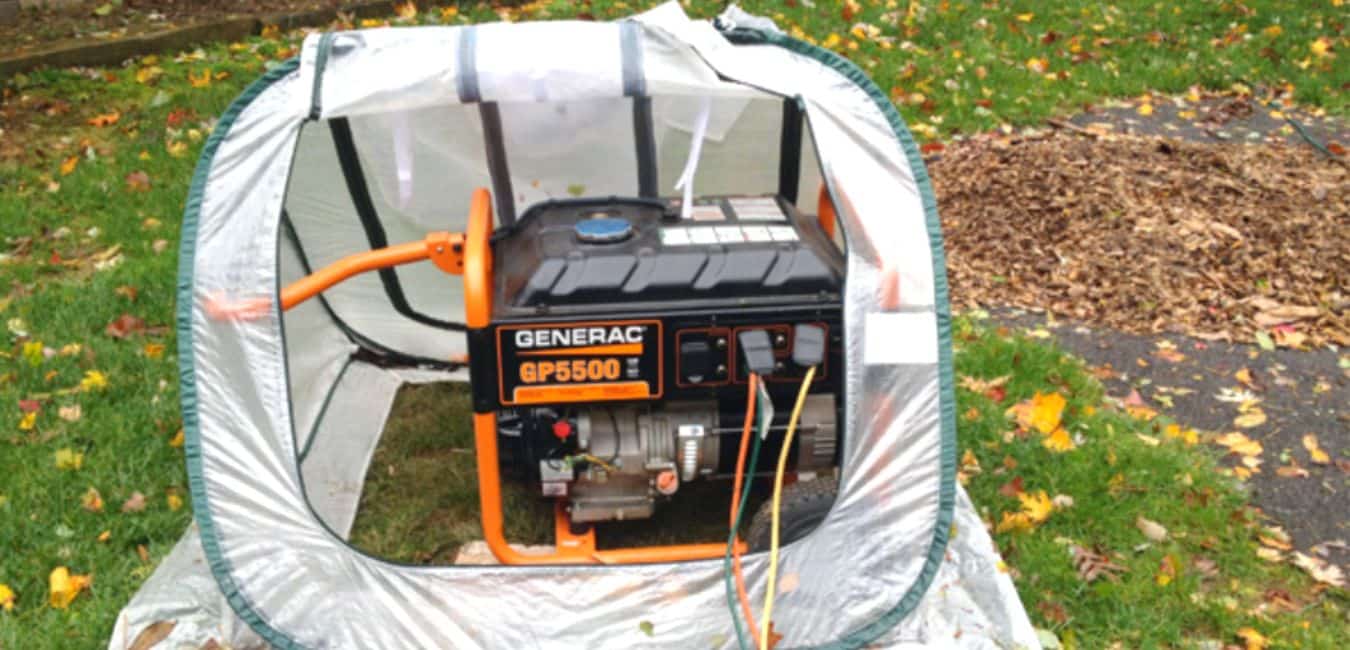
Remember that explosive fuels are burned by generators in order to operate. The tremendous voltage that generators are built to produce might cause electrocution or explosions if water gets into the channels or penetrates into the engine. Never let a portable generator get wet or use it outside while it’s raining.
How far away should a generator be from your house?
Never operate a generator indoors or in a confined room. The majority of accidents involving generators result in CO poisoning when they are utilized indoors or in semi-enclosed settings. That includes the garage or basement, which are places where fatal amounts of carbon monoxide can be found. Place the generator away from the house at least 20 feet away, making sure to point the engine exhaust away from any windows or doors.
What’s the best place for a generator?
You may increase your generator’s effectiveness by placing it in the ideal spot. By positioning your generator correctly, you can also guarantee its security.
Although some people might not give it much thought, generator placement is crucial. Depending on where they are installed, generators might provide a variety of safety risks. It’s crucial to maintain your generator a safe distance away from your house. This is because smoke leakage from generators is more likely to occur. This smoke may seep inside if your generator is close to your house.
Additionally, if your generator malfunctions, carbon monoxide may seep from it. This could result in carbon monoxide poisoning if it leaks into your house. It’s crucial to keep your generator a safe distance from your house to avoid any safety risks. Always install your generator in a room that is completely closed off since these dangers can become trapped there.
A certain amount of noise will be produced by the majority of generators. You must take into account this vital issue. Consequently, you ought to keep your generator away from a bedroom. Your sleep will be substantially less restful due to the generator noise. Additionally, you should avoid setting up your generator next to the residence of your neighbor. It is a smart idea for you to keep your generator in a remote area. You can easily reduce noise pollution with its assistance.

Here are some suggestions about where to put your generator outside:
Completely enclosed Generator
A whole-house generator should be placed at least 5 feet away from your house, including all doors, windows, and vents.
Portable Inverter Generator
Place portable generators far enough from your house, with the exhaust and engine pointed away from your home.
Prepare space for generator Installment
Determining whether special grounding and construction will be required to secure the generator after you have chosen the optimum site for it may be a good idea. The essential attachments for small air-cooled generators come with them so you can safely secure them to the spot.
Typically, the bottom side of large liquid-cooled generators needs to have a concrete platform. For the stability of this apparatus, the concrete platform is quite helpful.
There are also specific codes you must adhere to when determining where to set your generator, even though these vary depending on where you live.
What Should You Do if a Generator Gets Wet?
You can often use hot air or compressed air to dry your generator if it gets wet without even being fully submerged. To make sure there is no long-lasting water damage if your generator becomes very wet or is fully submerged, you must remove, dry, and reassemble each component.]
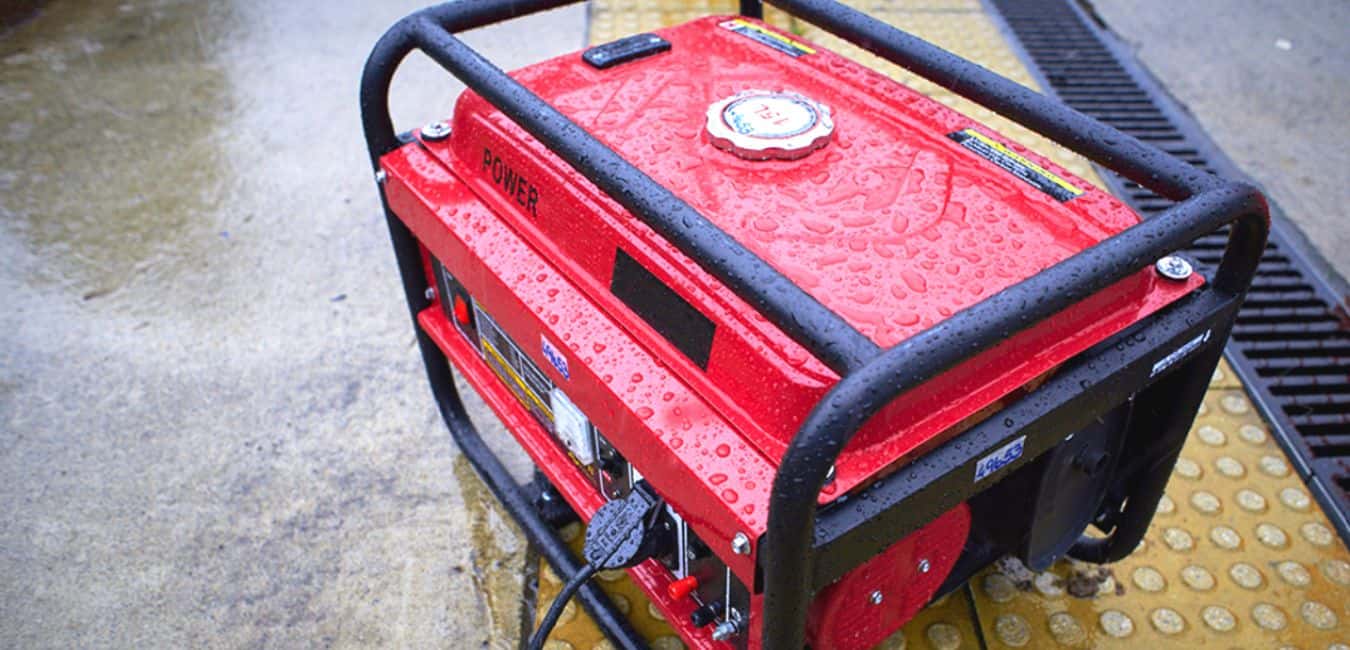
Your generator can become wet in a variety of ways, though most systems are rather simple to dry out when this does happen. Additionally, most backup generators come with covers to keep them safe, but occasionally there are leaks that call for you to get the generator dried out.
How to Dry It Off?
Let’s examine what must be done to dry a generator off before concentrating on the worst-case situations or keeping the motors from getting wet. Assuming that they can operate their generator while it is completely wet is erroneous, as we have seen many individuals do.
It is possible to dry off a generator in a variety of ways, each of which will impact the system differently. Some methods are simple to use, while others may be more challenging. Some generators must be dried in a certain way since certain sensitive parts and casings don’t always function properly in hotter air.
Hot air the Generator
This is the simplest method for getting rid of water that has coated your generator, whether it was caused by rain, pressure washing, a leak, or someone else. The best option would be to use a heater instead of a heat gun because it will cover a larger area and won’t melt the plastic.
It may seem strange to use a heater to dry your generator, but doing so will save it from becoming harmed while it is running. When a generator is wet, starting it might be challenging because water on the wires can result in short circuits.
Cold Air The Generator
When a generator has been wet, fans should be pointed in its direction to help the water evaporate. Additionally, you can blow air at the generator with a cleaned leaf blower to ensure that the entire unit is being dried out.
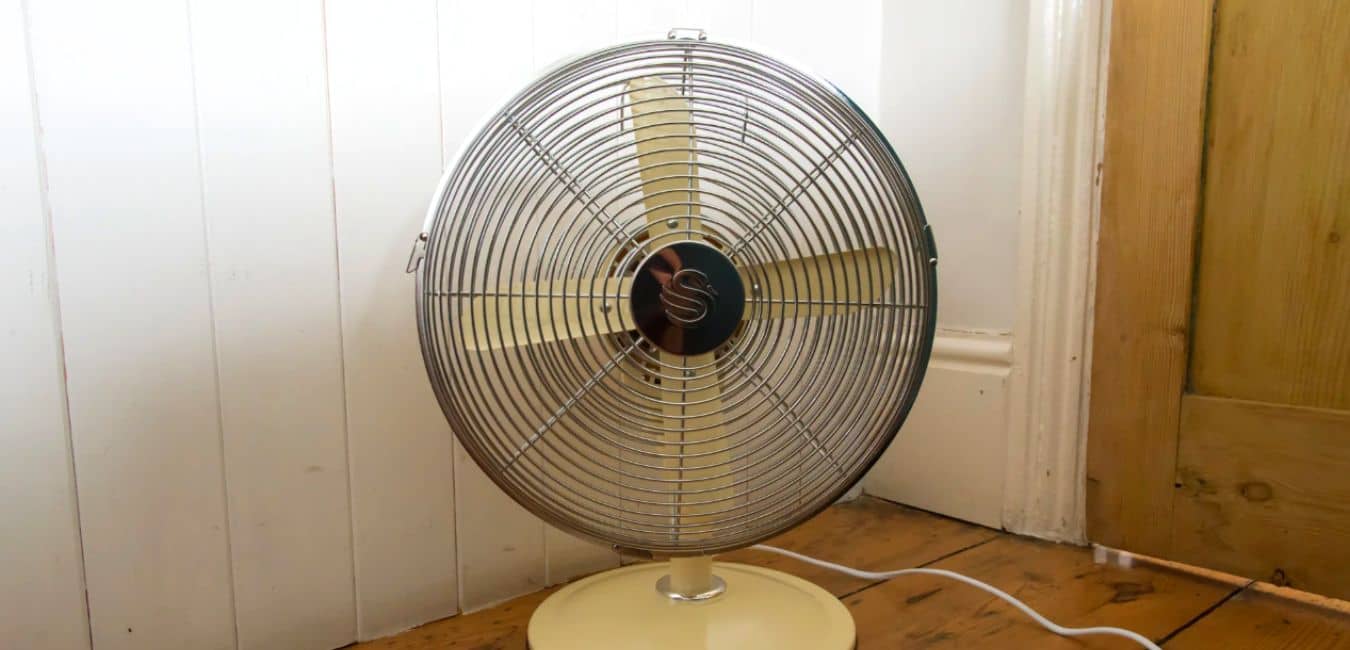
Numerous folks have reported finding their generators fully sopped in water and failing to even attempt to dry them out. On the other hand, if you have a few fans, you can position the machine so that it won’t receive any more water on it and begin to dry it off with a burst of dry, chilly air.
Load Drying the generator
When a generator is wet, has liquid on it, or in the majority of other situations, it must be dried out in one of two ways: You can start the machine to begin heating up, though, if the generator is already running and/or you are certain the wires are dry.
In less than an hour, the engine will easily achieve temperatures hot enough to totally evaporate the majority of the water on the machine. The generator can be safely kept in a dry location, but frequent storage in such a location will start to rust the metal and steel components.
Powered Air the Generator
Using compressed air to blow all the water off the machine is another efficient approach to get your generator completely dry in a matter of minutes. We are aware that not everyone has access to an air compressor, but it ought to be a standard component of your toolkit.
Wearing safety glasses and spraying into every crack and crevice is advised because doing so will cause the water to shoot out at a high rate of speed. However, using compressed air is unquestionably one of the best and most efficient ways to properly dry your generator without exposing it to the sun.
Can Generators Get Wet – FAQs
Conclusion
Light rain can cause your generator to become wet, but nothing bad will happen—aside from some rust—and it is not the end of the world. However, in the event that things go worse, you will need to adequately dry the generator in order to avoid it from breaking, with a total rebuild being the worst-case scenario.
It’s important to keep in mind that manufacturers construct their generators capable of handling at least a small amount of water, not that they will never get wet.


